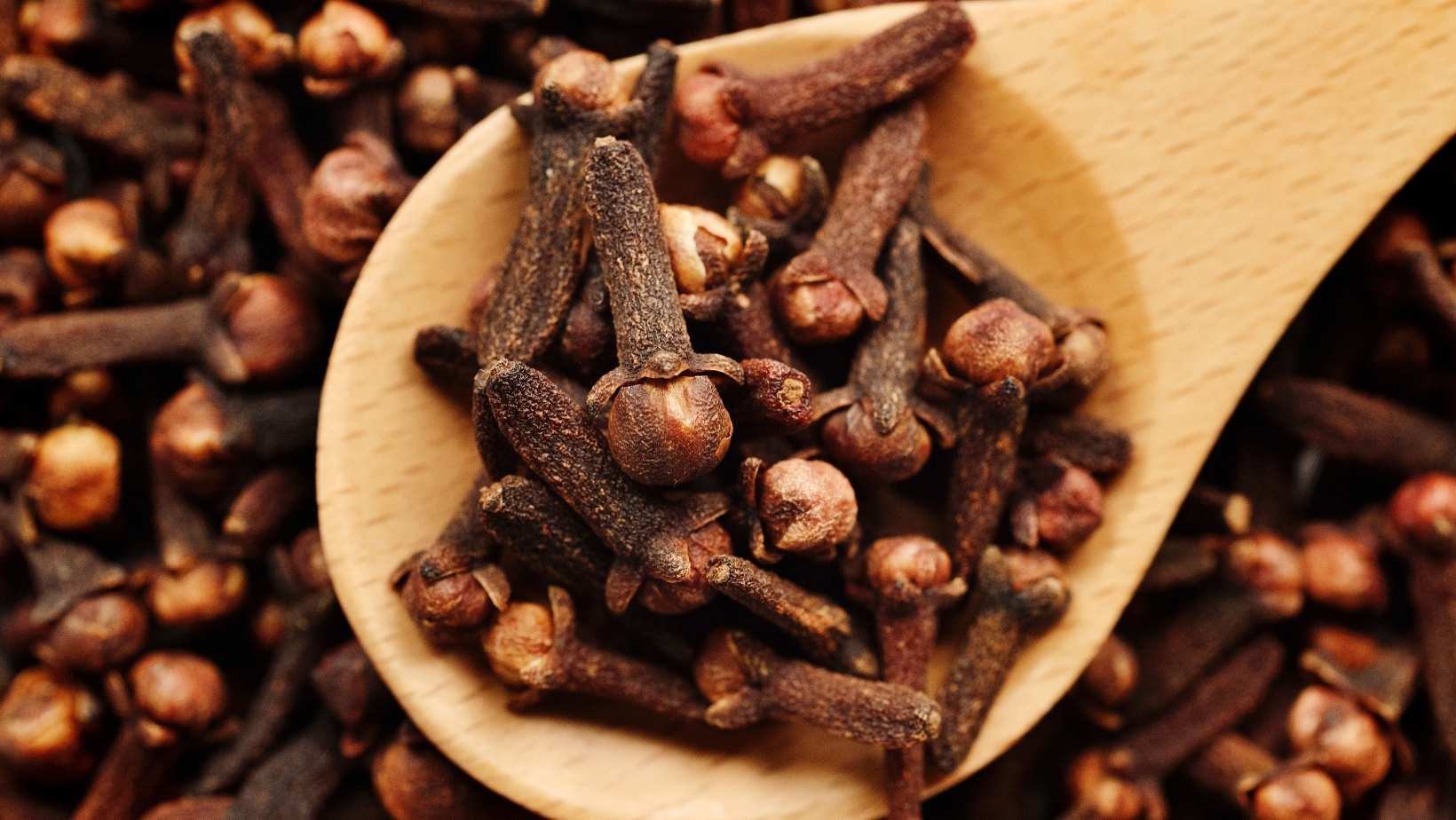On August 3, 2024, we observe Cloves Syndrome Awareness Day, a crucial date dedicated to shedding light on a rare but impactful congenital disorder. This day serves as a beacon of hope and a call to action for the estimated 200 individuals worldwide affected by Cloves Syndrome and their families. As we come together to raise awareness, we aim to foster understanding, encourage research, and ultimately improve the lives of those living with this complex condition.
Understanding Cloves Syndrome
Cloves Syndrome is a rare genetic disorder that affects infants from birth. The name “CLOVES” is an acronym that stands for:
- Congenital
- Lipomatous
- Overgrowth
- Vascular malformations
- Epidermal nevi
- Spinal/Skeletal anomalies and/or Scoliosis
This condition is caused by mutations in the PIK3CA gene and can manifest in various ways, including abnormalities in bones, joints, and blood vessels. The rarity of Cloves Syndrome – with fewer than 200 reported cases worldwide – presents unique challenges in diagnosis, treatment, and research.
The Journey of Cloves Syndrome Recognition
The path to understanding Cloves Syndrome has been long and complex:
- 1867: German physician Hermann Friedberg publishes the first known account of what might have been Cloves Syndrome, describing it as “gigantism of the right lower limb.”
- 2007: Saap and colleagues examine seven patients and first identify the spectrum of Cloves symptoms, marking a significant milestone in recognizing the syndrome.
- 2019: Researchers in Spain discover that patients respond positively to oral rapamycin treatment, offering new hope for managing the condition.
The Importance of Awareness
Cloves Syndrome Awareness Day is crucial for several reasons:
1. Early Detection
Raising awareness can lead to earlier detection of symptoms, which is vital for effective management of the condition. The sooner Cloves Syndrome is diagnosed, the better the long-term health outcomes for affected individuals.
2. Research Funding
Increased awareness can drive more funding towards research, potentially leading to better treatments or even a cure. For rare diseases like Cloves Syndrome, every bit of research support counts.
3. Community Support
This day helps build a supportive community for those affected by Cloves Syndrome. It reminds families dealing with this condition that they are not alone in their journey.
4. Education
Awareness days provide opportunities to educate the public, healthcare professionals, and policymakers about rare conditions like Cloves Syndrome, fostering understanding and empathy.
How to Observe Cloves Syndrome Awareness Day
There are several meaningful ways to participate in this important day:
1. Wear Green
Green is the color associated with Cloves Syndrome awareness. Wearing green on August 3rd shows solidarity with those affected by the condition.
2. Spread the Word
Use social media platforms to share information about Cloves Syndrome. Use hashtags like #ClovesSyndromeAwareness to join the global conversation.
3. Share Personal Stories
If you or someone you know is affected by Cloves Syndrome, consider sharing your story. Personal narratives can be powerful tools for raising awareness and fostering understanding.
4. Support Research
Consider donating to organizations dedicated to Cloves Syndrome research or rare disease research in general.
5. Educate Yourself
Take time to learn more about Cloves Syndrome and other rare diseases. Understanding is the first step towards meaningful action.
The Broader Impact
While Cloves Syndrome Awareness Day focuses on a specific condition, it also highlights broader issues in rare disease research and healthcare:
- Only 5% of rare diseases have effective treatments, underscoring the need for more research across all rare conditions.
- On average, it takes five years to correctly diagnose a rare disease, emphasizing the importance of improved diagnostic tools and awareness among healthcare professionals.
- Children make up 50% of those affected by rare diseases, highlighting the critical need for pediatric research and care.
Looking to the Future
As we observe Cloves Syndrome Awareness Day, we’re not just looking at the present – we’re looking towards a future where this condition is better understood, more effectively treated, and perhaps even prevented. Every step towards awareness is a step towards this goal.
On August 3rd, let’s come together to amplify the voices of those affected by Cloves Syndrome. By raising awareness, supporting research, and fostering community, we can make a real difference in the lives of individuals and families impacted by this rare condition. Remember, in the realm of rare diseases, every voice matters, every action counts, and together, we can drive meaningful change.

